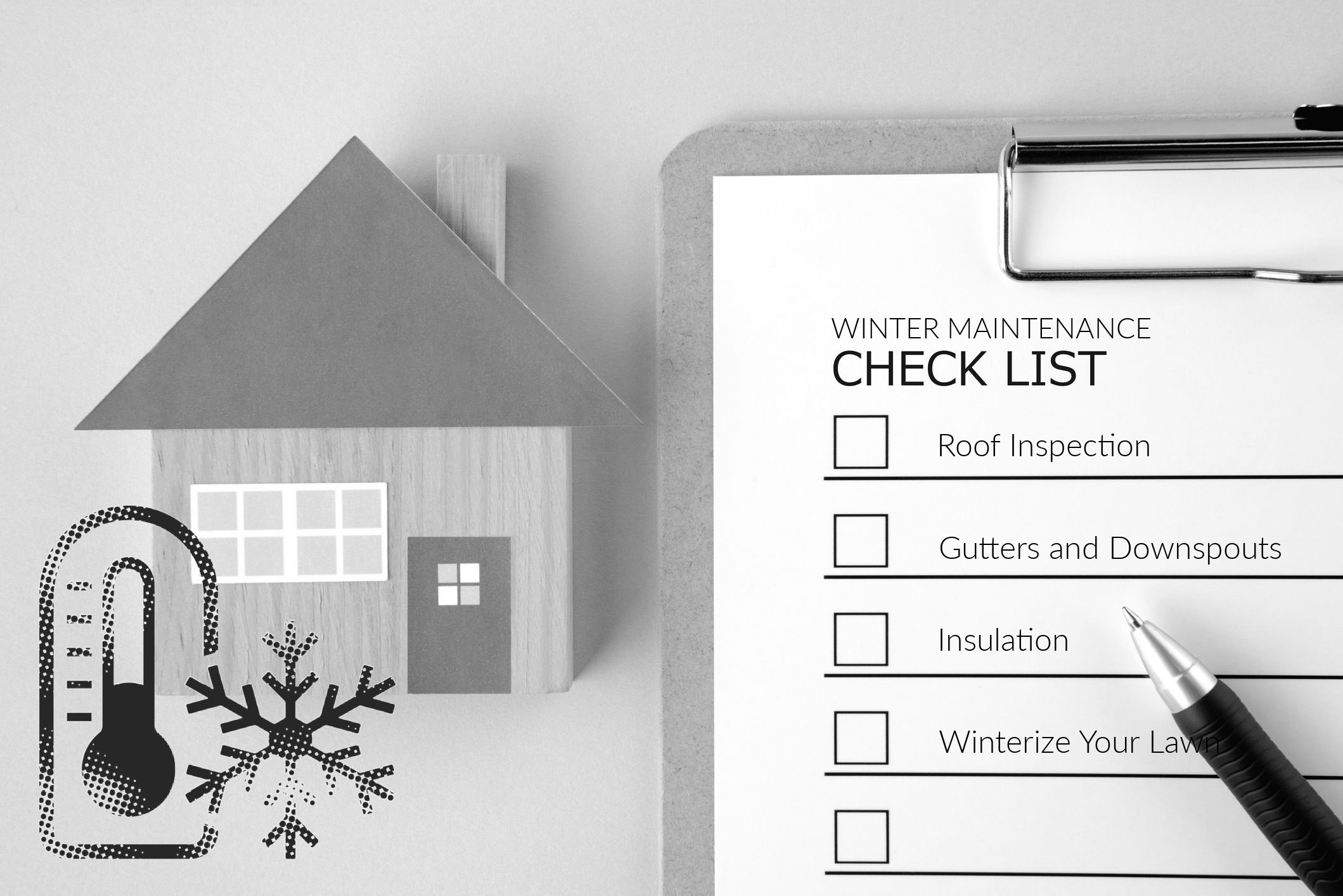State and federal laws regarding landlord-tenant rights and responsibilities are essential in protecting both parties. Landlords and tenants should know and comply with state and federal regulations to ensure a harmonious business relationship.
Tenants desire to have a safe and peaceful residency in a rental home and safeguard their rights. Landlords want to earn a decent income and protect their rental business. Fulfillment of their wants and needs requires some understanding of landlord-tenant laws.
Here’s a checklist of the most important landlord-tenant laws that both parties should know to understand their legal rights and obligations.
State Laws Concerning Rental Properties
Laws concerning rental properties at the state level are practical in nature. They typically stipulate landlord and tenant rights and obligations, the terms and conditions in a lease, guidelines on lease termination, and proper handling of evictions.
State laws can also regulate security deposits. For instance, it can limit how much deposit landlords can charge and how to handle these funds. State laws can also require landlords to use trust accounts for investment income.
Federal Laws on Operating a Rental Property
The Fair Housing Act and the Fair Credit Reporting Act are two federal laws that provide guidelines on how landlords and property managers should run a rental property.
Under the Fair Housing Act, a landlord shouldn’t discriminate on the basis of nationality, race, religion, sexual orientation, or disability. It prohibits landlords from refusing to lease to an individual or imposing an undue advantage over a tenant due to these factors. Marketing methods that target a specific group of people are also a no-no under the law.
The Fair Credit Reporting Act specifies the rules on how landlords may utilize the applicant's credit history for screening purposes. The law requires landlords to ask applicants before running a credit report and tell applicants if the details on the credit report was the reason for the rejection of the application.
Legal Lease Agreement
One of the duties of a landlord is to provide a legal lease agreement. This legal document specifies the things being agreed upon by both parties, ensuring that it complies with the law. The legal paperwork must clearly indicate the leasing period, rental rate, and tenant information, among other relevant details.
There are states that require legal disclosures of information, such as security deposits. The lease agreement can also include matters like advising tenants to buy insurance.
Tenant Rights to Privacy
Privacy is a right afforded to all individuals. Tenants living on a property they don’t own have a right to enjoy their private space without disturbance and undue interference from others, even from the landlord.
The landlord should protect the right to privacy of tenants. Except during emergencies, proper notice is required before entering a tenant’s rental unit. The landlord or property manager should also have a valid reason to access the tenant’s rental unit. Plus, it must be done at a reasonable time.
Safe Environment
Aside from ensuring the privacy of tenants, landlords must also ensure that the rental home is safe and habitable. Pests and insects shouldn’t have a place in the rental unit. It’s one of the responsibilities of the landlord to put infestations under control, even if they happen after a tenant occupies the property.
Security locks and CCTVs should exist on the property as a deterrent to criminals. Landlords should install smoke detectors and security alarms on the property. Lastly, landlords should consider child-proofing the rental home to keep it safe for kids.
Repairs and Maintenance
Lease agreements often stipulate the responsibility of tenants to report any repairs in the rental unit. Landlords should respond to such reports and finish the work in a timely manner.
Landlords should streamline the reporting and tracking of repairs and maintenance using property management software. This way, both parties can fulfill their responsibilities regarding repairs and maintenance with less hassle.
If the landlord fails to respond to any maintenance report and it negatively impacts the health and safety of the tenant, the latter has the right to withhold rent money and take legal action.
Regulations on Evictions
Evicting tenants from a rental home must be done in a proper and legal way. States provide guidelines concerning evictions to ensure that the process doesn’t violate the rights of tenants.
Before a landlord can throw out a tenant, the former must give the latter a termination notice. Plus, the eviction should be reasonable. Legal reasons for evicting a tenant include nonpayment of rent and damage to property.
Takeaway
Tenants and landlords must understand their legal rights and obligations. They should know the laws and regulations that ensure actions and transactions within the landlord-tenant relationship are legal and don’t violate any recognized rights. Compliance with the law is always a must for both landlords and tenants.


